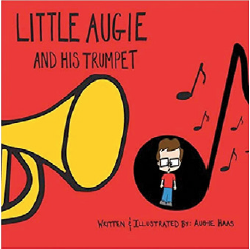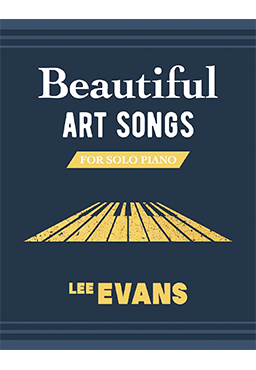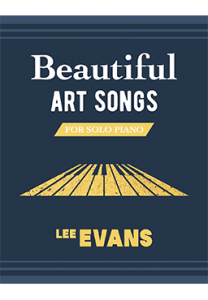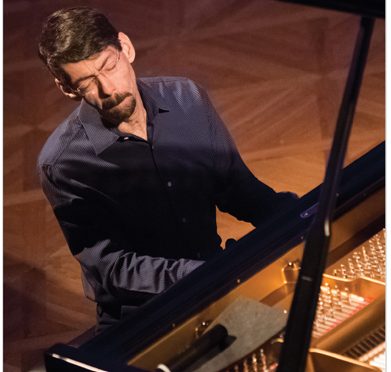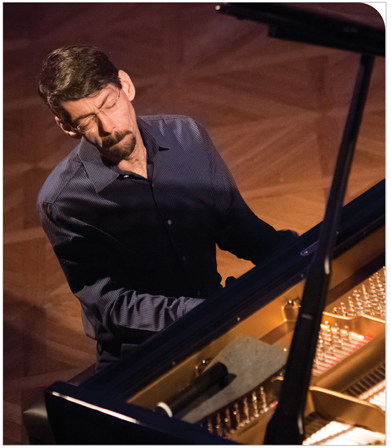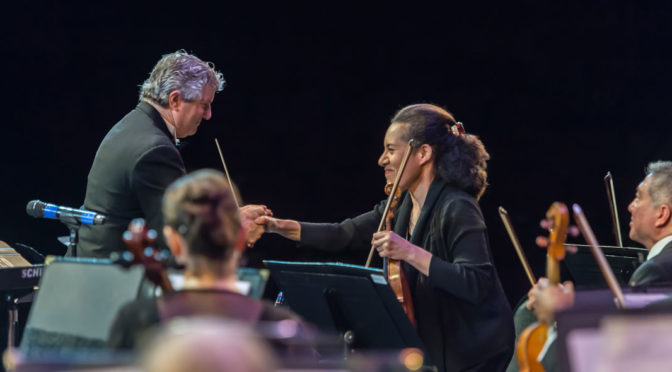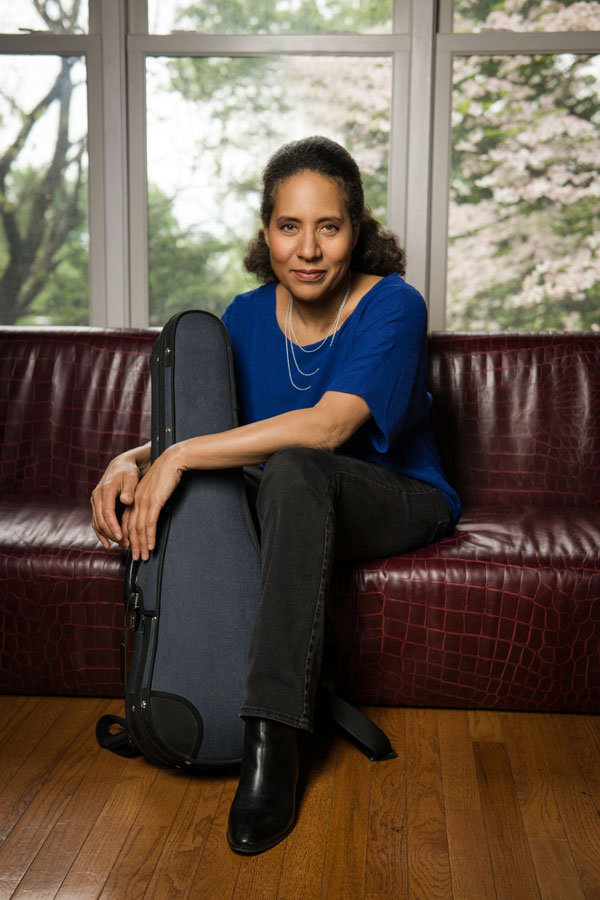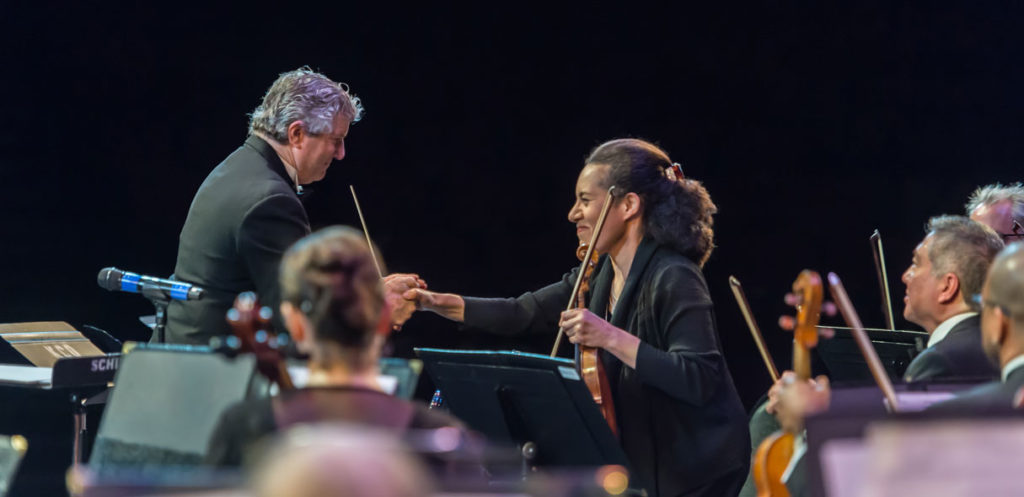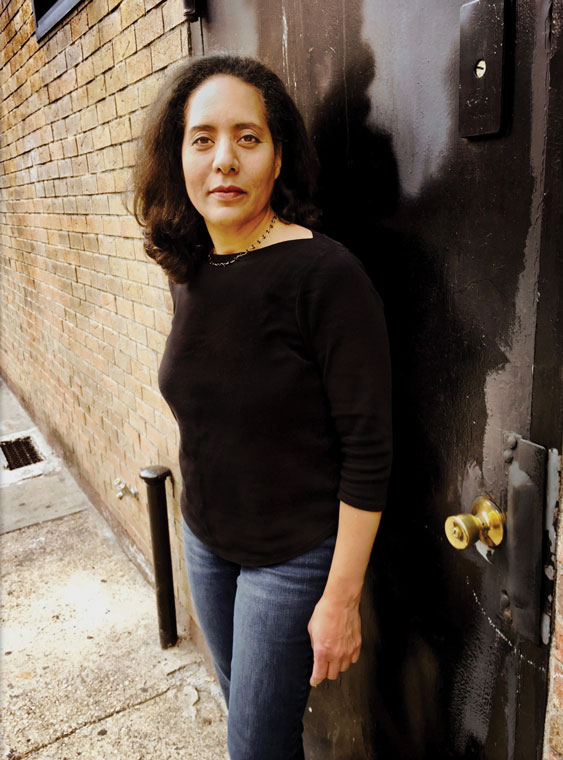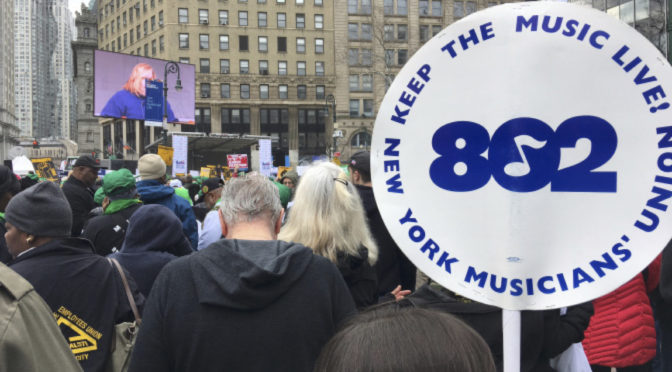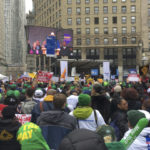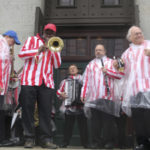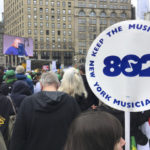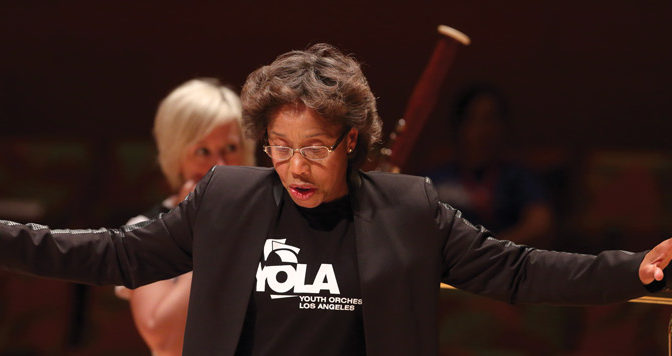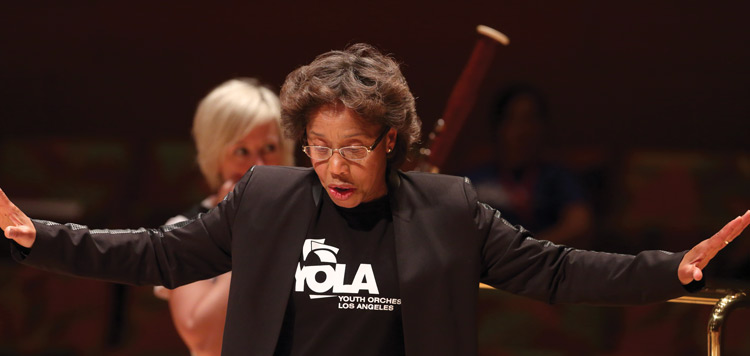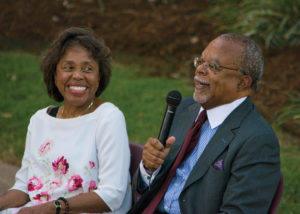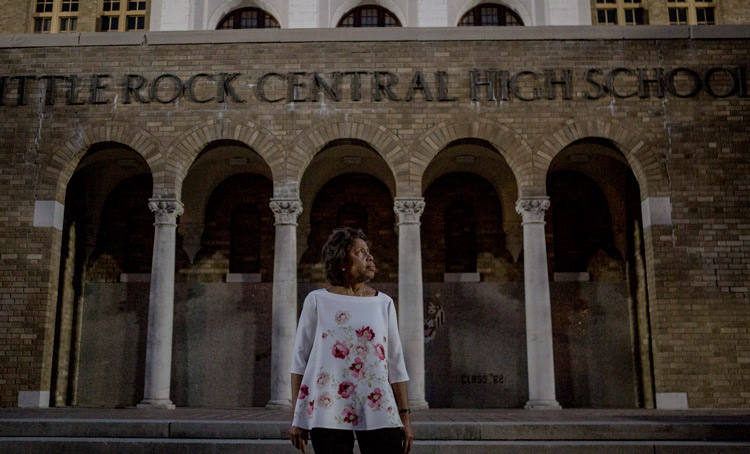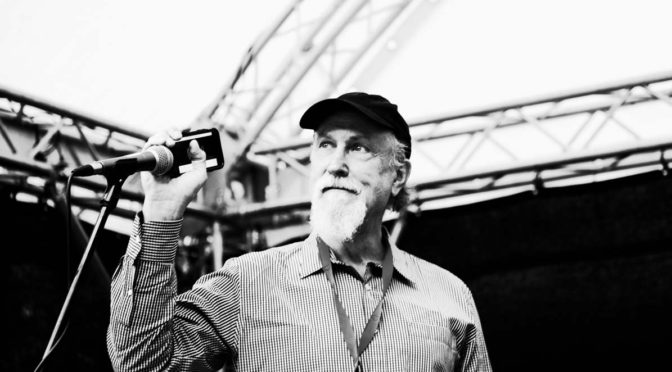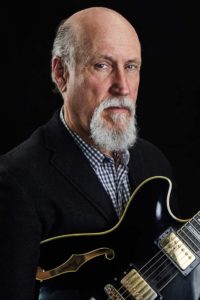At the beginning of December, musicians and management of the New York Philharmonic reached an agreement on a four-year contract. The new CBA represents a continuation of the shorter term pay cuts that musicians have taken since May, with a 25% salary reduction continued through August 2023. Pay will then increase through September 2024, with the reduction gradually shrinking to 10%. Beginning in 2022, musicians will receive bonus payments if the orchestra exceeds financial expectations.
Trombonist Colin Williams, head of the negotiating committee and a member of Local 802 (New York City), says, “In recognition of the challenges of this time, we have done our part to help preserve the institution by forgoing more than $20 million of our wages.”
The orchestra has lost a total of $31 million in ticket revenue from canceled performances this season and last season due to the pandemic.


